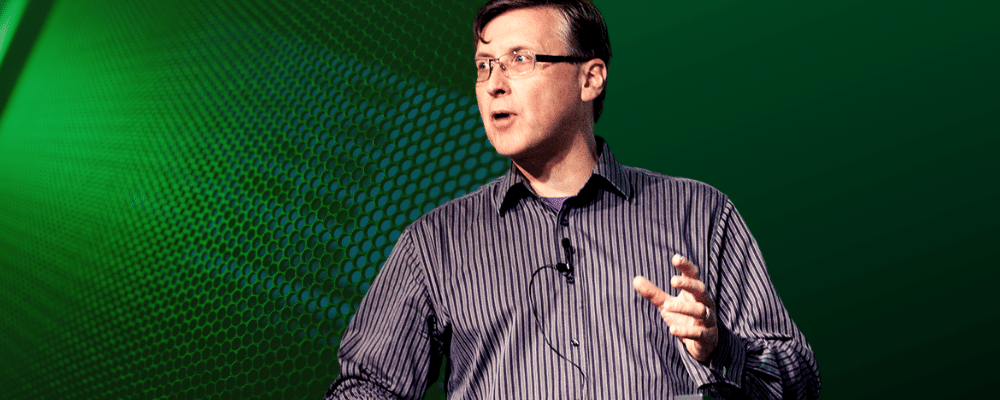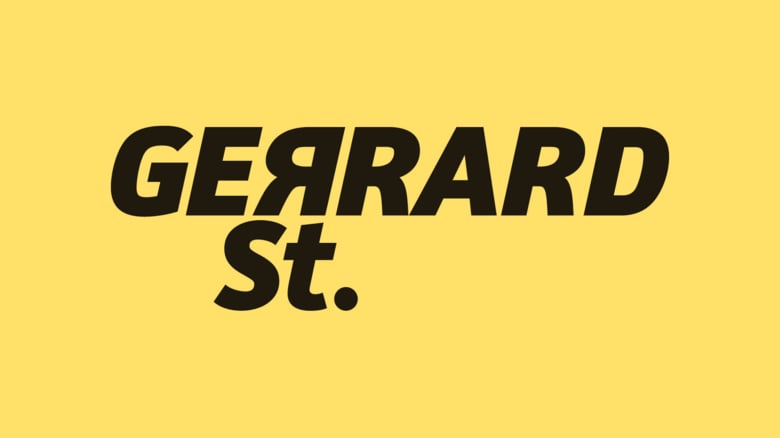
Gerrard Street - The Netherlands
Globally we throw away 15 million kg of headphones every year either due to simple mechanical faults or because of technology advances. How can we capture the value that is being lost in this discarded material? Gerrard Street has designed beautiful, high sound quality headphones that are modular and easily disassemblable to facilitate easy repair, refurbishment or upgrade.

85% of components are reused, customers get an affordable high quality product and high level of service; Gerrard Street requires less virgin materials to create new headphones. The headphones are offered on a subscription basis allowing customers to upgrade/repair for free; as well as incentivising Gerrard Street to provide the most durable product so that the revenue period is maximised.
Eight years after Dr Dre turned his hand from music to headphones, his company Beats was purchased by Apple for $3 billion. Above all else, the sale proved one thing: premium headphones are big business. Since then many other brands have emerged and the overall health of the industry is growing every year; valued at $8.7billion in 2015 and estimated to double to $16 billion in the next decade.
Headphones, like many other electronic goods, benefit from regular advances in technology. Noise-cancelling, bluetooth, integration with different hardware devices are all features which lead to new improved models being released year on year. The traditional linear approach to this business leads to high levels of waste, estimated at 15,000 tonnes/year globally. This represents a massive economic loss in material value, as well as causing environmental impacts through the extraction and processing of new materials. To address this the headphone industry need to balance two seemingly contradictory factors - a high volume of headphone upgrades versus the need to reduce virgin material usage.
Step in Gerrard Street headphones, a startup based in the Netherlands who have embraced two key building blocks of the circular economy. The design of their products is modular and no glue is used so they are easy to disassemble, repair or add new hardware. Additionally Gerrard St has developed a different business model for its customer, offering headphones as a subscription rather than a transactional purchase. Included in the monthly fee, is a guarantee that if the product is damaged or an upgrade is available then the customer returns the old headphones and is sent a replacement. Combining these two building blocks, means that in theory customers can access a high quality and affordable ‘headphone service’. At the same time, the company can form a closer relationship with its customers, and has a more reliable and predictable material supply chain. Gerrard St. is incentivised to design and manufacture its products to be as durable as possible, as this will increase its revenue through maximising use cycles.
In early 2018, the main barrier was not on the demand side, but on the production side. To overcome this, the company is looking at closing a deal with a headphone production company that will help remove the bottleneck and facilitate scaling in the future.
Similarly to many circular startups, getting access to new tranches of financing is always problematic, because investors are not used to the combination of a hardware consumer product offered on a leasing model. However the subscription model does offers Gerrard St. an advantage over its competitors, because the small monthly fee allows it to potentially capture a very large market segment of low-end buyers who would not normally use premium headphones.
Gerrard Street is offering something very new and pioneering to the hardware marketplace, based on great design and a resource effective rationale. Like other circular economy pioneers trying to rethink our relationship with our products, the way forward requires an experimental and agile mindset.
In summer 2018, they plan to release a new model that is wireless and noise cancelling, demonstrating a willingness to continually improve their products without requiring a massive withdrawal from the planet’s finite resources.



 © 2018 ICTFOOTPRINT.eu – ICTFOOTPRINT.eu has received funding from the European Commission’s Horizon 2020 research and innovation programme under the Grant Agreement no 690911. The content of this website does not represent the opinion of the European Commission, and the European Commission is not responsible for any use that might be made of such content.
© 2018 ICTFOOTPRINT.eu – ICTFOOTPRINT.eu has received funding from the European Commission’s Horizon 2020 research and innovation programme under the Grant Agreement no 690911. The content of this website does not represent the opinion of the European Commission, and the European Commission is not responsible for any use that might be made of such content.